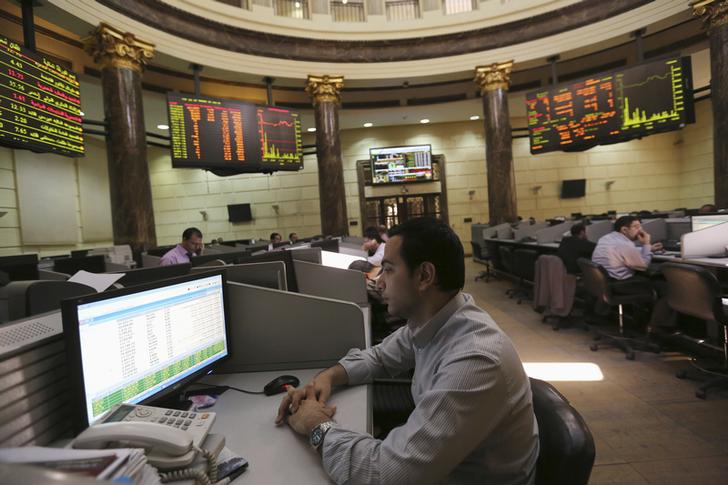REUTERS - Egypt business activity expands in August at sharpest rate of 2015 - PMI

CAIRO (Reuters) - Business activity in Egypt's private sector excluding oil grew in August at the fastest pace of 2015 on the back of solid growth in output, though employment fell for the eighth time in nine months, a survey showed on Thursday.
The Emirates NBD Egypt Purchasing Managers' Index rose to 51.2 in August, up from 49.2 the previous month. A reading above 50 indicates expansion and below 50, contraction.
"The improvement in the August survey is encouraging, and more than reverses the decline seen in the previous month," Jean-Paul Pigat, economist at Emirates NBD, said.
"The rise in the output component to an 11-month high was particularly notable, and hopefully suggests that the slowdown witnessed in July will not persist through H2."
The August survey was the highest reading in eight months and the second time this year that business conditions recorded by the survey have improved, albeit modestly.
Much of the improvement was spurred by an increase in output and new orders, with 23 percent of participants recording higher output than the month before and many reporting stronger demand conditions.
"With export activity softening, domestic demand is likely to be the main driver of growth in the near term," said Pigat.
Egyptian non-oil exports during the first seven months of the year fell by 19 percent compared to the same period last year, the state's General Organization for Export and Import Control said in July.
New work from abroad decreased in August for the third time in four months. Some participants tied lower exports to a lack of stability across key international markets in the Middle East.
Despite increased output the PMI survey also showed that hiring dropped for the eighth time in nine months.
Though Egypt's unemployment rate edged down to 12.7 percent in the second quarter of 2015, the jobless rate among youth holding a university degree was 44.6 percent.
President Abdel Fatah al-Sisi has pledged to reduce joblessness to 10 percent over the next five years while reviving the economy through long-awaited reforms, state-led mega-projects, and the return of foreign investors and tourists.
Companies attributed another sharp rise in purchase prices in August to the ongoing weakness of the Egyptian pound versus the dollar.
(Reporting by Eric Knecht; Editing by Catherine Evans)









facebook comments